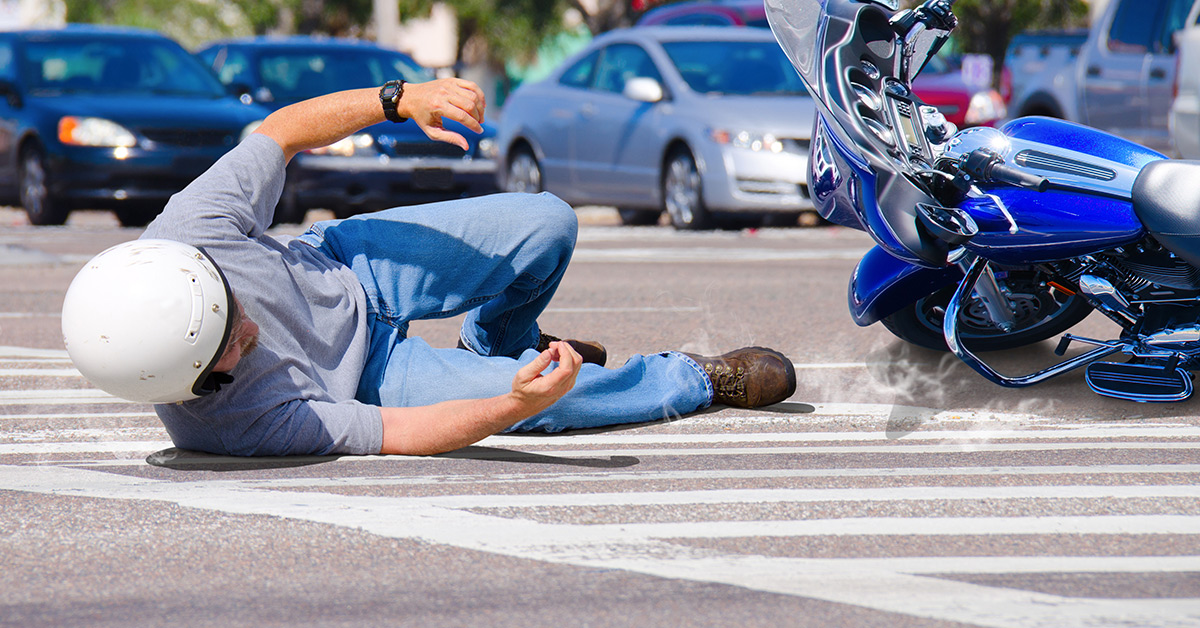Wearing a helmet while riding a motorcycle plays an essential role in your safety. In Massachusetts, it’s also a legal requirement.
Per Massachusetts General Law, Chapter 90, Section 7, “Every person operating a motorcycle or riding as a passenger on a motorcycle or in a sidecar attached to a motorcycle shall wear protective head gear conforming with such minimum standards of construction and performance as the registrar may prescribe, and no person operating a motorcycle shall permit any other person to ride as a passenger on such motorcycle or in a sidecar attached to such motorcycle unless such passenger is wearing such protective head gear, except that no protective head gear shall be required if the motorcyclist is participating in a properly permitted public parade and is 18 years of age or older.”
In other words, in the Commonwealth, if you’re operating a motorcycle or even simply riding as a motorcyclist’s passenger, you need to wear a helmet that meets certain official safety criteria at all times. This is true regardless of your age and experience level.
Nevertheless, some feel they can ignore the law. Surveys even indicate a mere 71% of motorcyclists report regularly wearing their helmets. This may at least be partially due to the fact that those who don’t always wear proper head gear don’t appreciate the full degree to which a motorcycle helmet can protect them from harm.
Motorcycle Helmets and Motorcycle Accident Survival Rates: What You Need to Know
Riding a motorcycle is inherently more dangerous than operating a car or other such enclosed vehicle. Some research even indicates that, if a motorcyclist is involved in an accident, their chances of losing their life are 29 times greater than they would be in an enclosed vehicle with a metal frame surrounding them (along with other safety features, such as seatbelts, airbags, etc.).
Thus, when riding a motorcycle, it’s critical that you take all necessary steps to optimize your own safety. One such step involves wearing a helmet.
Research on the effect wearing a helmet can have on one’s chances of surviving a motorcycle collision is fairly extensive. No matter who is conducting said research, it typically confirms that wearing a helmet dramatically improves a rider’s or passengers chances of walking away from an accident.
For example, according to the World Health Organization, properly wearing a motorcycle helmet when riding can yield a 42% reduction in the risk of death. Wearing a helmet can also reduce a motorcycle accident victim’s chances of sustaining a severe injury by about 70%.
That’s an important point. Even if you technically survive a motorcycle accident, it’s possible your injuries will be so severe that they could have a permanent impact on your quality of life. If you sustain a major head injury as a result of a collision, you could struggle with memory loss, depression, anxiety, reduced cognition, and a variety of other such long-term symptoms. That’s less likely to happen if you wear a helmet whenever you’re on a motorcycle.
Riding a motorcycle is inherently more dangerous than operating a car or other such enclosed vehicle.
The Right Way to Wear a Motorcycle Helmet: Essential Tips
Simply strapping on any protective head gear when taking your bike out isn’t the same as correctly and safely wearing a helmet. Tips to keep in mind when selecting and donning motorcycle helmet include the following:
Look for a helmet with an NHTSA sticker confirming it meets certain established safety standards
Consider a full-face helmet, as this offers maximum protection
Measure the circumference of your head with measuring tape to help you choose a helmet of the right size
Before purchasing a helmet, wear it for at last five minutes to confirm it doesn’t cause any discomfort (as you will be less likely to keep your helmet on for the duration of a ride if you find wearing it becomes uncomfortable over time)
Clean your helmet with soap and water, instead of harsh chemicals that could potentially damage the helmet material
Before going out for a ride, inspect your helmet for any signs of damage
Consider buying at least two helmets so you can easily replace a damaged helmet with one that’s in good condition if your pre-ride inspection ever does reveal signs of harm
Just remember, while you can take critical steps like wearing a helmet to improve your safety while riding a motorcycle in Massachusetts, it’s still possible to be harmed in an accident resulting from the negligence of another party.
You may want to review your case with an attorney if this ever happens. At Swartz & Swartz, P.C., our Boston motorcycle accident lawyers can determine whether you may be eligible to receive financial compensation for your medical bills and related losses. Learn more about what we can do for you by contacting us online or calling us at (617) 742-1900.
Need Help?
If you or someone you know, needs help from a lawyer, contact the law offices of Swartz & Swartz, use our live chat, or send us a message using the form below and we’ll get in touch to assess your case and how we can help.
Keep Reading
Want more? Here are some other blog posts you might be interested in.




